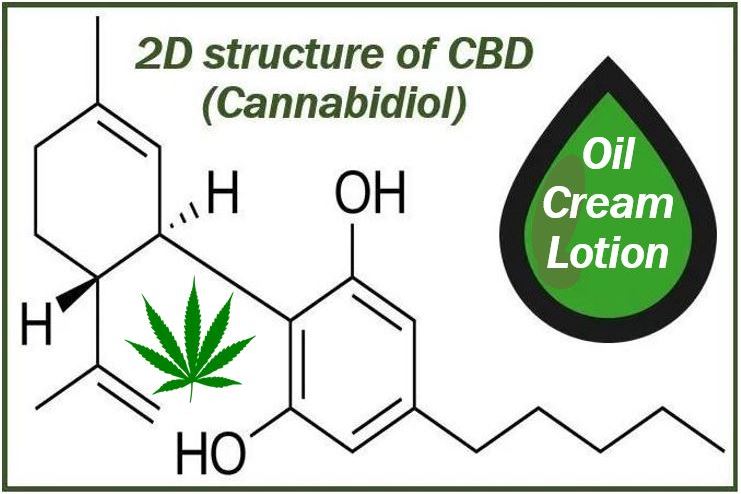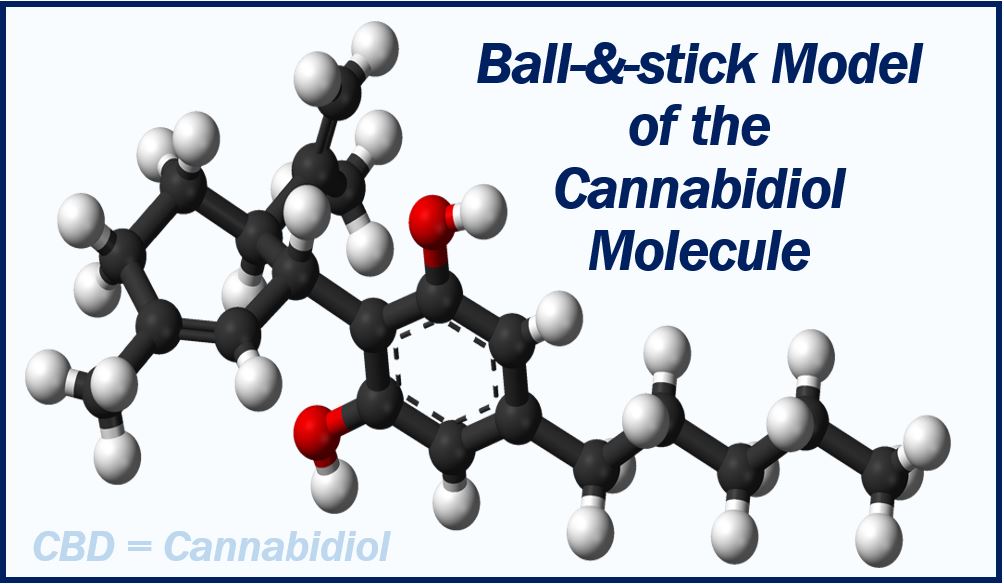Cannabidiol (CBD) is one of the numerous cannabinoids that are found in marijuana and hemp, two of the more common sorts of cannabis plants.

Various studies (including this one) highlight CBD’s ability and therapeutic potential in aiding cancer patients deal with the symptoms of their illness, as well as the side effects of cancer treatment. (refer to this CBD website for additional information)
Scientists are likewise looking into how CBD can aid in cancer treatment, although further research is required before any recommendations derived from conclusive results can be provided.
Marijuana has enough tetrahydrocannabinol (THC) to get you high, unlike hemp, which doesn’t contain any. While CBD itself has no psychoactive compounds, CBD products contain THC, in trace amounts.
Here’s what we know about CBD so far and how it may help treat cancer:
CBD as Treatment for Cancer
So far, there’s compelling evidence supporting the idea that CBD reduces tumor growth in animal models of cancer. Cannabinoids also enhance the uptake and potency of certain drugs used in the treatment of the disease.
Currently, there are but a few studies that tackle the potential of cannabinoids as an aid in cancer treatment, but they all prove to be promising.
Some of the studies include:
- Research conducted in 2014 suggests that CBD inhibits the spread of colorectal cancer cells in experimental models of colon cancer.
- In vitro and in vivo studies in 2019 that focus on pancreatic cancer show findings that cannabinoids help slow tumor growth, induce death of tumor cells, and help reduce tumor invasion.
- A study in 2019 indicates that CBD makes glioblastoma cells more sensitive to radiation, and provokes cell death, with no effect on healthy cells.
- A research on pre-clinical models of metastatic breast cancer demonstrated the efficacy of CBD. The study found that CBD significantly reduces breast cancer cell proliferation and invasion.
Overall, it’s still premature to tell that CBD is a safe and effective remedy for cancer in humans. For this reason, CBD shouldn’t be considered a substitute for other proven treatments at this point.

CBD Cures
While CBD is sought for its medical benefits on a wide variety of health issues, the one with the most reliable scientific evidence so far for its effectiveness is epilepsy. It is known to treat even the cruelest childhood epilepsy syndromes—namely, Dravet and Lennox-Gastaut syndrome (LGS), which commonly don’t respond to anti-seizure treatments.
Various studies show proof that CBD either reduces the number of seizures or puts a stop to them entirely. There are videos uploaded online that show the remarkable effects of CBD on children with seizures. Just recently, the FDA approved a cannabis-derived medicine for these conditions, Epidiolex, which is a first of its kind.
It is also common to use CBD in addressing anxiety and treat patients who have insomnia. Studies suggest that CBD helps with both falling and staying asleep.
In addition, CBD is also an option for treating different types of chronic pain. Information from the European Journal of Pain showed (using an animal model) that applying CBD on the skin can help lower pain and inflammation due to arthritis. Another study exhibited the mechanism wherein CBD inhibits inflammatory and neuropathic pain, which are two chronic pain types that aren’t exactly easy to treat. Given the number of studies that were conducted and still ongoing, more are needed to substantiate all claims of CBD proponents regarding health benefits, adequately.
At present, CBD is available mostly as an unregulated supplement. Hence, you can’t tell with certainty what you’re getting. If you decide to explore the product, make sure to speak first with your doctor or medical professional to make sure other medications that you’re taking won’t be affected.
_________________________________________________________
Interesting related article: “What is CBD (Cannabidiol)?

